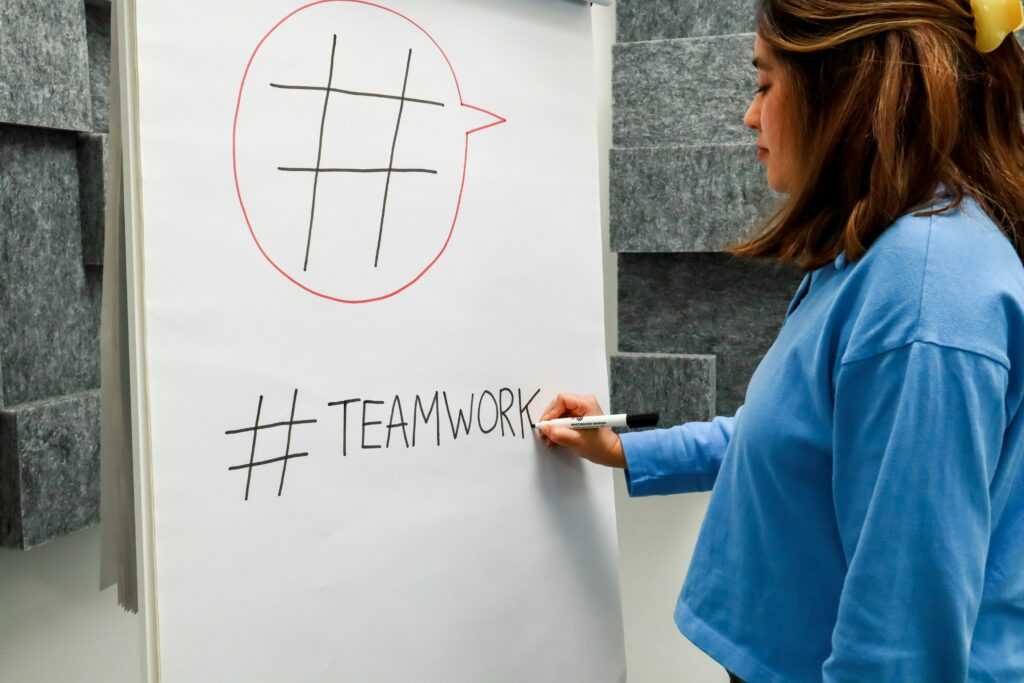Motivating a team to practice with both purpose and passion isn’t always easy, but it’s one of the most rewarding parts of coaching. I’ve learned that a team’s energy and drive often reflect the mindset and strategies of their coach. When we focus on creating an environment that inspires growth, effort, and enthusiasm, the results can be transformative.
Understanding The Importance Of Motivation In Team Practices
Motivation directly influences a team’s engagement, effort, and performance during practices. Teams driven by purpose and passion tend to:
- approach drills
- strategies
- challenges
with greater focus and resilience. When players see value in every practice, their commitment to improvement grows, leading to more meaningful progress.
Positive motivation makes practices feel purposeful rather than monotonous. If athletes understand how each session connects to their personal and collective goals, they gain a sense of ownership in their training. For instance, linking practice drills to game-day scenarios helps them recognize the value of their efforts.
A lack of motivation often leads to disengagement or minimal effort, which hinders growth. In contrast, a motivated team not only learns faster but also fosters stronger chemistry by collaborating enthusiastically. Motivation also boosts morale, ensuring players see challenges as opportunities instead of setbacks, which cultivates a resilient mindset.
Effective Coaching Techniques For Purposeful Practices
Purposeful practices stem from intentional strategies that engage and motivate athletes. I focus on implementing techniques that drive clarity, communication, and recognition to energize my team during training.
Setting Clear Goals And Expectations
I define specific, measurable goals for every practice session, ensuring alignment with the team’s broader objectives. For example, I might target improving a 10% faster completion of passing drills in a week. Clear expectations around effort, attendance, and conduct eliminate misunderstandings and hold everyone accountable. When athletes understand how their efforts contribute to the team’s success, their commitment increases.
Encouraging Open Communication
I foster an environment where players feel comfortable expressing thoughts and asking questions. Feedback sessions at the end of practices allow team members to share challenges or ideas for improvement. For instance, if someone struggles with a technique, open dialogue helps me address it effectively. Listening actively and responding constructively strengthens trust and reinforces collaboration within the team.
Recognizing And Rewarding Efforts
Celebrating both individual and team milestones reinforces positive behaviors. I highlight improvements during team meetings, such as a player mastering complex footwork or the team enhancing defensive coordination. Small rewards like verbal praise or leadership opportunities motivate further effort and promote a culture where every achievement feels valued. Recognition drives passion for consistent growth.
Strategies To Ignite Passion Within Your Team

Building a team fueled by passion requires deliberate effort and tailored techniques. I’ve found that fostering a supportive atmosphere and personal connections creates a foundation for commitment and enthusiasm.
Cultivating A Positive Team Culture
A harmonious team culture drives motivation and engagement. I focus on establishing mutual respect by modeling inclusivity and fairness during practices. Open communication is key to ensuring everyone feels valued. Encouraging players to celebrate each other’s milestones fosters camaraderie and pride in collective success. I also guide the team to align on shared values, reinforcing their sense of belonging and purpose.
Personalizing Motivation Approaches
Identifying what motivates each player strengthens their commitment. I take time to understand individual aspirations and tailor encouragement to suit their goals. For example, some thrive on public recognition, while others respond better to private feedback. Highlighting how their contributions impact the team’s outcomes further enhances their investment. By adapting my methods, I ensure no one feels overlooked or underappreciated.
Sharing Success Stories To Inspire
Stories of triumph build belief in possibilities. I regularly share examples of past players or teams who achieved exceptional outcomes through dedication and teamwork. These stories create a relatable vision of success, showing athletes the rewards of their efforts. Incorporating personal anecdotes from within the current team also strengthens their resolve while celebrating their journey collectively.
Key Takeaways For Coaches
1. Set Clear, Achievable Goals
I ensure every practice session focuses on specific, measurable objectives that align with both individual and team aspirations. Breaking goals into manageable steps motivates consistent progress and keeps the team engaged.
2. Foster Open Communication
Creating an environment where athletes openly discuss ideas, challenges, and feedback builds trust. I encourage team members to express thoughts during and after practices to enhance collaboration and understanding.
3. Cultivate Inclusivity and Respect
I promote a positive culture by recognizing diverse strengths and encouraging mutual respect among players. This strengthens unity and pride in collective success, inspiring greater effort during practices.
4. Personalize Motivation Approaches
Understanding each athlete’s goals allows me to tailor encouragement effectively. I connect individual dreams with team objectives to foster personal investment in practice sessions.
5. Recognize and Reward Efforts
Highlighting achievements, from small milestones to significant improvements, reinforces dedication. I celebrate both individual and team successes to sustain motivation and energy.
6. Address Challenges Proactively
I counter burnout, fatigue, and conflicts by varying drills, incorporating rest, and facilitating open discussions. Actively managing these challenges maintains focus and passion.
7. Use Purposeful Practices
Every activity is designed with purpose, ensuring players see its relevance to their development. I incorporate drills that directly connect with game scenarios to enhance engagement and improvement.
8. Rebuild After Setbacks
When setbacks occur, I guide the team in analyzing areas for growth, celebrating incremental wins, and revisiting long-term goals. This strengthens resilience and reignites a shared sense of purpose.



 Lead Training Analyst
Lead Training Analyst
